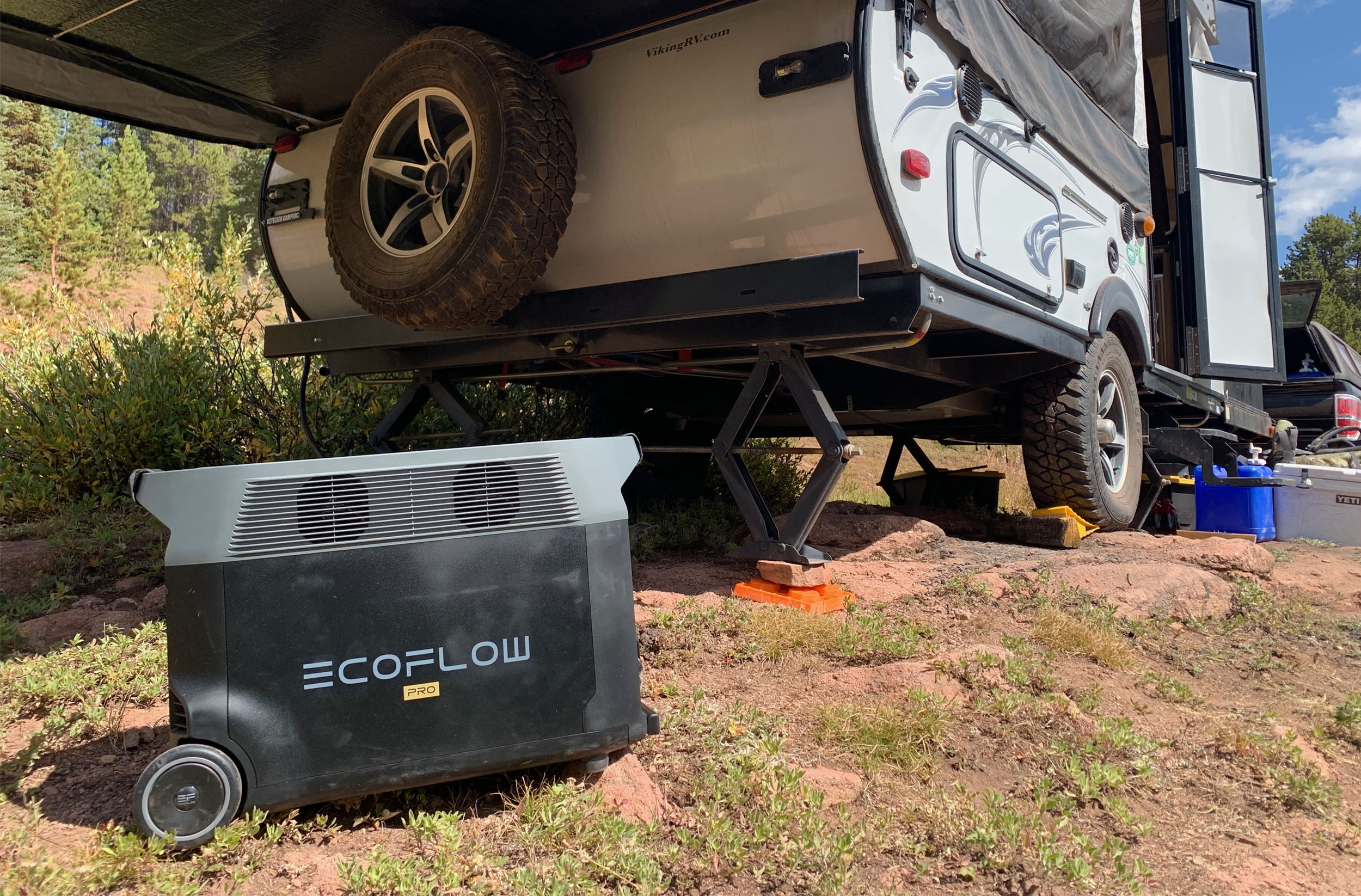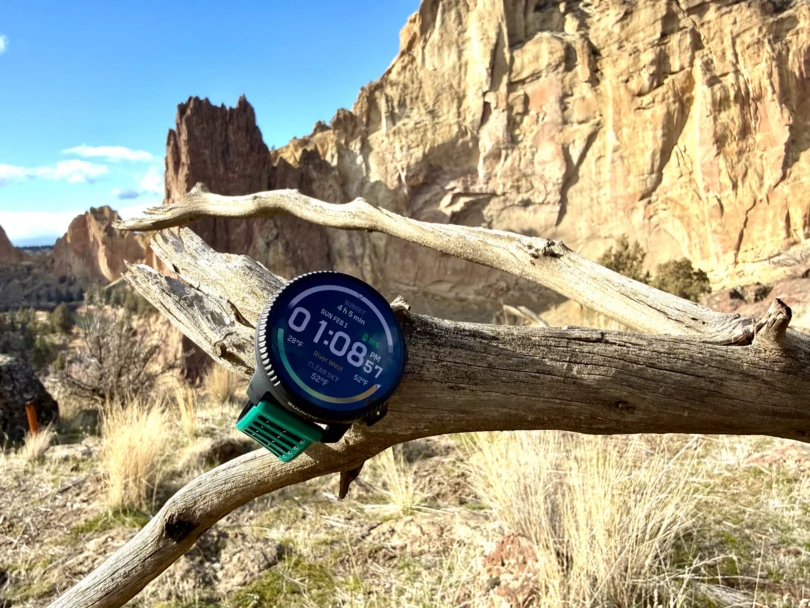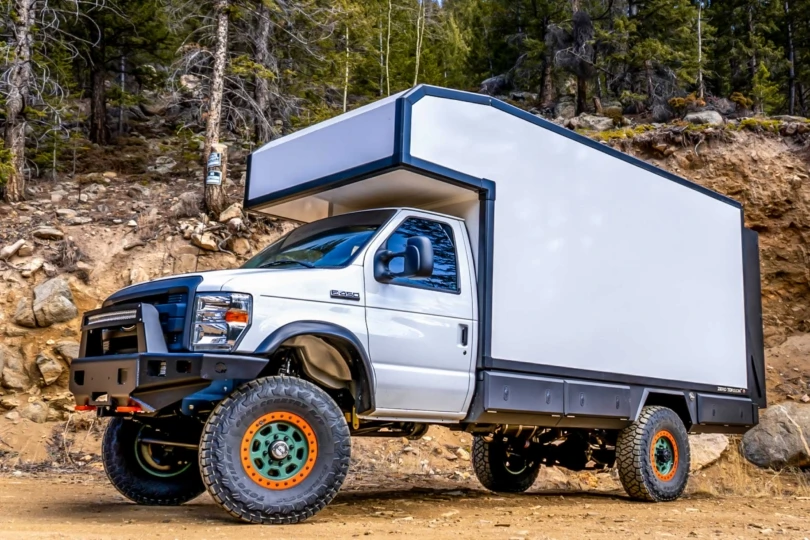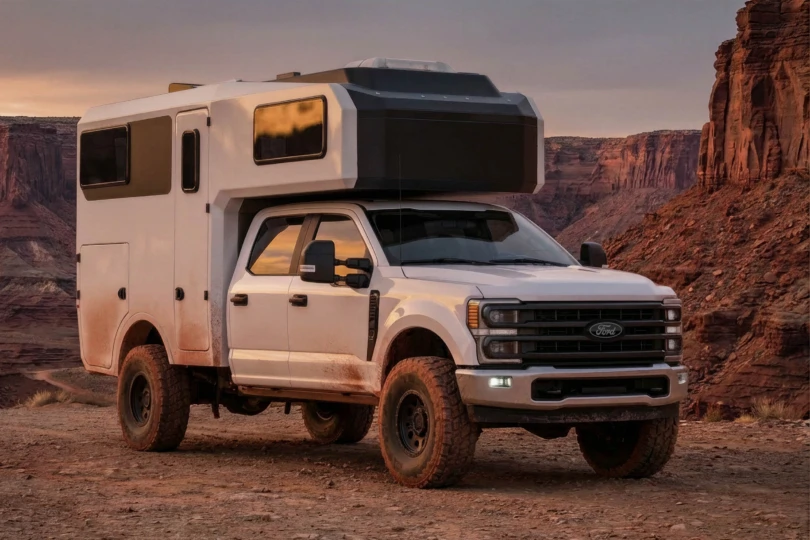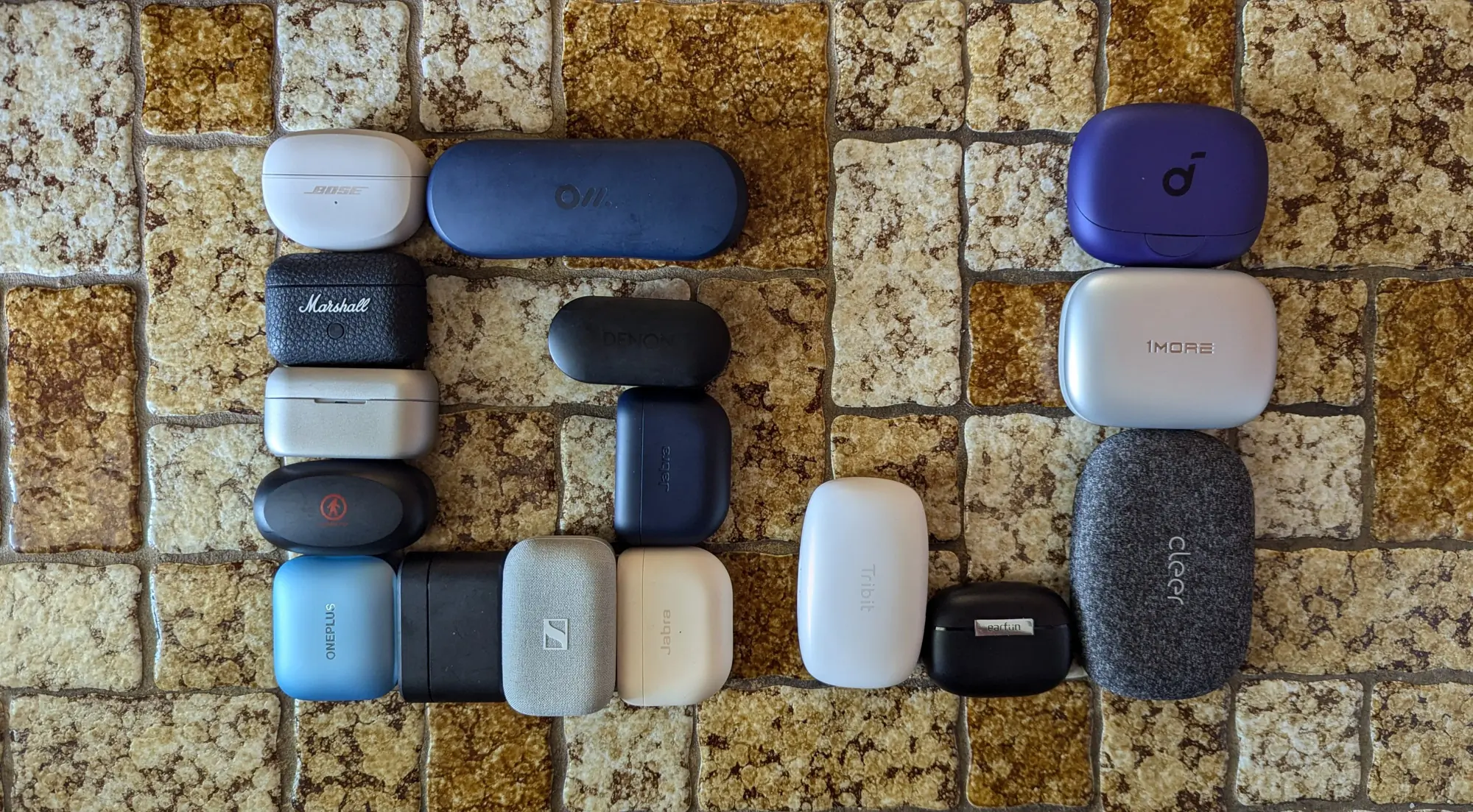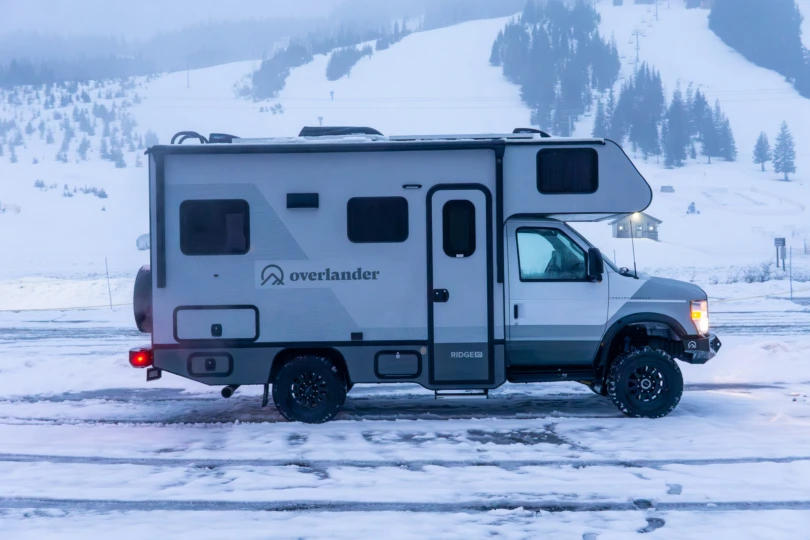We tested the EcoFlow Delta Pro portable battery and inverter system during a week of remote work while camping in a pop-up camper. The verdict? It has the power to replace a gas generator (with some caveats).
Working remotely from a campsite in the woods is a bit of a dreamy ideal for a lot of people, myself included. And over the last decade, the ability to plug in from almost anywhere has become more reality than fiction.
And every couple of years, a product comes along that makes truly remote, off-grid work even more feasible. The EcoFlow Delta Pro is one of those products.
EcoFlow is something of a Kickstarter darling. It launched the Delta back in 2019, earning millions in funding. When the brand returned to Kickstarter with the Delta Pro, it raised more than $12 million.
I took the EcoFlow Delta Pro ($3,599, currently sold out) along to power a pop-up computer, phone, and at times a whole pop-up camper during a week of work and elk hunting in the Colorado mountains. And it worked like a charm.
Here’s how the cutting-edge battery pushed the limits of my days in the office and how it works at home too.
EcoFlow Delta Pro: More Than a Big Battery
OK, so yes, it’s a big battery. And by big, I mean it weighs almost 100 pounds. You won’t be bringing this monster backpacking.
But that is far from the purpose the brand intends. Ideally, this battery will back up your household appliances and outlets with a “smart adapter” that connects it to your home grid. And in that case, it can provide backup power in less than 30 milliseconds, fast enough that many electronics won’t lose data or shut down at all.
But my primary interest was in its ability to power electronics far off the grid for a long period. That means running a computer and other work equipment like phones and hotspots for a week. And at that, the EcoFlow Delta Pro thrived.
The Off-Grid Office
In mid-September, I headed into the mountains with my buddy, a bow, and an elk tag. Well, and a lot of other gear. We both set the goal of working full days and then hunting in the evenings. With a pop-up camper parked on a dirt road, we hit the week with the battery fully charged.
For 5 days, we used the EcoFlow Delta Pro almost constantly. We also used another battery with solar panels, the Generark HomePower ONE, for comparison. Both systems worked pretty much flawlessly. Look for a review of the Generark coming soon.
Plugged into the EcoFlow Delta Pro with my MacBook Pro and the inverter running, I initially found myself sitting at about 7 days of battery life thanks to the immense 3.6kW storage. The Delta Pro can power serious appliances like home chest freezers and microwaves with no problem and for significant amounts of time.
Our little RV lights and computers didn’t stand a chance of wearing it down.
High-Speed Recharge
The EcoFlow Delta Pro in many ways stands apart from the crowd. From the super clear digital display to its four 20A sockets and a single 30A AC socket, you’re looking at a beast of a power source.
But the biggest differentiator is how fast this generator can recharge. I plugged it in at home at zero battery life, and it recharged in just 2 hours.
That recharge speed, made possible in part because of its lithium iron (not ion) phosphate battery and advanced battery monitoring systems, is many times faster than most competitors. It’s truly a paradigm shift. For context, comparable products from competing brands take about 12 hours to charge.
In the race to recharge, it’s not even a contest. The EcoFlow wins, charging six times faster. Even more impressively, you can recharge it from a fast-charging station designed for electric vehicles. I haven’t tried that speed charge yet, but it’s supposed to be even faster.
Battery Backup for Home Use
The primary use for this battery is frankly home use. It can connect to your home grid through a smart connector and thus maintain your power in case of an electrical grid failure.
I haven’t connected this tester to my house at this point. But I have no doubts it could keep my freezer and a few other critical electrical components running for a day or so during a power outage.
I’ll update this article once I get a chance to test it for this situation.
For Off-Grid Camping and Work
This brings us to camping, off-grid work, and RVs. For these cases, the EcoFlow Delta Pro is certainly a strong contender. Its ability to recharge quickly, and from EV charging stations, sets it apart. For those living on the road, this could be a huge consideration. You can easily recharge over the course of a long dinner at a house or even a restaurant if they’re willing to let you plug in.
The only downside to this product is its considerable size and weight. The EcoFlow Delta Pro is a beast. It’s hard to carry and really needs a secure location inside a vehicle to keep it from being damaged by vibration or water, as it’s not water-resistant.
Ultimately, it’s a lot of battery. EcoFlow is introducing a new, smaller battery that will be more appropriate for most campers, the River.
But for those who want a big, powerful power station at a fair price, the EcoFlow Delta Pro is among the best on the market today.
Ecoflow Delta Pro Specs
- Capacity: 3,600 Wh
- Extra Battery: Support up to two DELTA Pro Smart Extra Battery/Smart Generator
- AC Output: 5 outlets, 3,600 W total (Surge 7,200 W)
- Max Device(s) Power Supported by X-Boost: 4,500 W
- USB-A Output: 2 ports, 5 V, 2.4 A, 12 W max per port
- USB-A Fast Charge: 2 ports, 5 V, 2.4 A / 9 V, 2 A / 12 V, 1.5 A, 18 W max per port
- USB-C Output: 2 ports, 5/9/12/15/20 V, 5 A, 100 W max per port
- Car Power Output: 12.6 V, 10 A, 126 W max
- DC5521 Output: 2 ports, 12.6 V, 3 A, 38 W max per port
- Anderson Port: 12.6 V, 30 A
- AC Charging Input: 1,800 W max, 120 V, ~15 A, 3,000 W max, 240 V, ~12.5 A
- Solar Charging Input: 1,600W max, 11-150 V, 15 A
- Car Charging Input: Support 12 V/24 V battery, 8 A
- Battery Chemistry: LFP
- Cycle Life: 6,500 cycles to 50% capacity, 3,500 cycles to 80% capacity
- Shelf Life: 1 year (after a full charge)
- Connection: Wi-Fi, Bluetooth, wired
- Net Weight: Approx. 99 lbs. (45 kg)
- Dimension: 25″ x 11.2″ x 16.4″ (63.5 x 28.4 x 42 cm)



